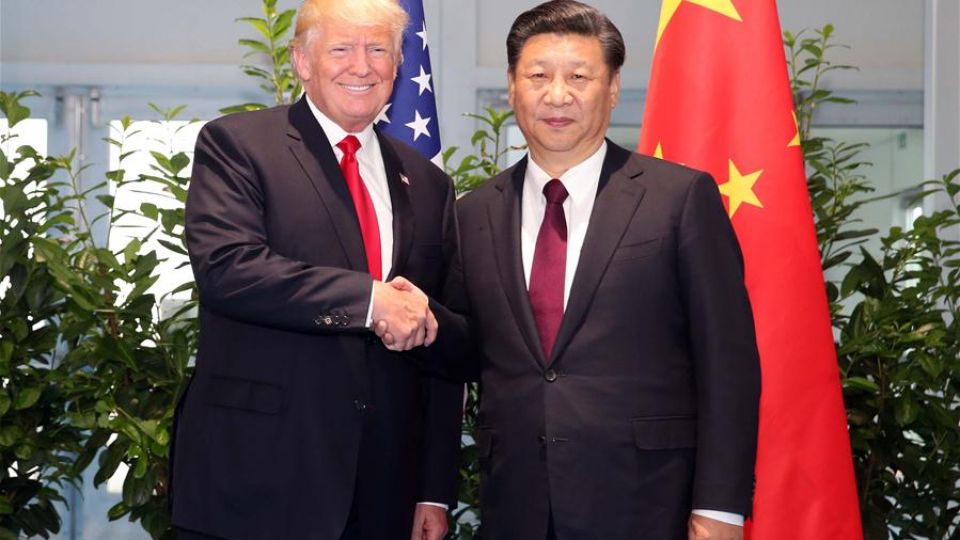October 25, 2018
Reports that President Xi Jinping and US President Donald Trump could meet on the sidelines of the G-20 summit in Argentina next month have sparked hopes for defusing the trade war.
The proposed meeting would take place at the end of November in Buenos Aires, according to several media reports.
China’s Foreign Ministry spokesman Lu Kang has recently said he noted the reports, adding that China and the United States have maintained communication on dialogue and exchanges “at all levels”. The White House has not yet released details of Trump’s schedule for the G-20 summit.
“This G-20 meeting is the only multilateral setting on the agenda for months where the two leaders can meet,” said Douglas H. Paal, vice-president of the Asia Program at the Carnegie Endowment for International Peace.
“Trump will skip the APEC leaders forum and East Asian Summit, so it is an opportunity to address many issues where only the top leaders are considered authoritative,” Paal said.
If confirmed, the Xi-Trump meeting in Argentina would be their first encounter in a year following a historic summit in Beijing last November.
Cui Tiankai, Beijing’s top envoy to Washington, who was present at the meetings between the two presidents both at Mar-a-Lago in Florida in April 2017 and in Beijing last November, said it was clear that such top-level communication plays the “key role”, “irreplaceable role” in guiding the relationship forward.
“And there’s a good mutual understanding and good working relationship between the two, I hope and I’m sure this will continue,” Ambassador Cui said in an interview with Fox News, which aired on Oct 14.
Dennis Wilder, managing director for the Initiative for US-China Dialogue on Global Issues at Georgetown University, said the timing of such a meeting would work well in part because it comes after the Nov 6 US midterm elections, when there will be “a bit of calming” in the political environment.
“My hope is that the kind of chemistry that we saw at Mar-a-Lago, and then we saw in Beijing late last year between the two leaders can lead to a more productive and constructive US-China relationship,” Wilder told China Daily.
Wilder had served as the National Security Council’s director for China before serving as the NSC special assistant to the president and senior director for East Asian affairs from 2005 to 2009.
“One of the things that in my government career I’ve noticed, things can change rapidly when the senior leaders make a change,” Wilder said.
The upcoming meeting can be a point at which the leaders reset the relationship, he said.
The best scenario is that the two sides agree to suspend the trade standoff while discussing the key issues in the economic relationship and ensure a new strategic dialogue in place “so that we keep the competition manageable, and we find more common ground for cooperation”, Wilder said.
He said a presidential meeting is often called an “action-forcing event”, so in the next few weeks, a lot of work is expected for each government beforehand.
But David Dollar, senior fellow of the John L. Thornton China Center at the Brookings Institution, said that because there are no current serious negotiations, there can be no “detailed agreement on trade” at the meeting.
“Probably the best outcome is that the two presidents agree in principle to restart negotiations,” he said.
Scott Kennedy, deputy director of the Freeman Chair in China Studies at the Center for Strategic and International Studies, said the meeting could offer a binary scenario.
“It could potentially result in an agreement to freeze penalties at their current levels while conversations move forward, but the two sides might not agree to anything and instead harden their positions,” Kennedy said.


